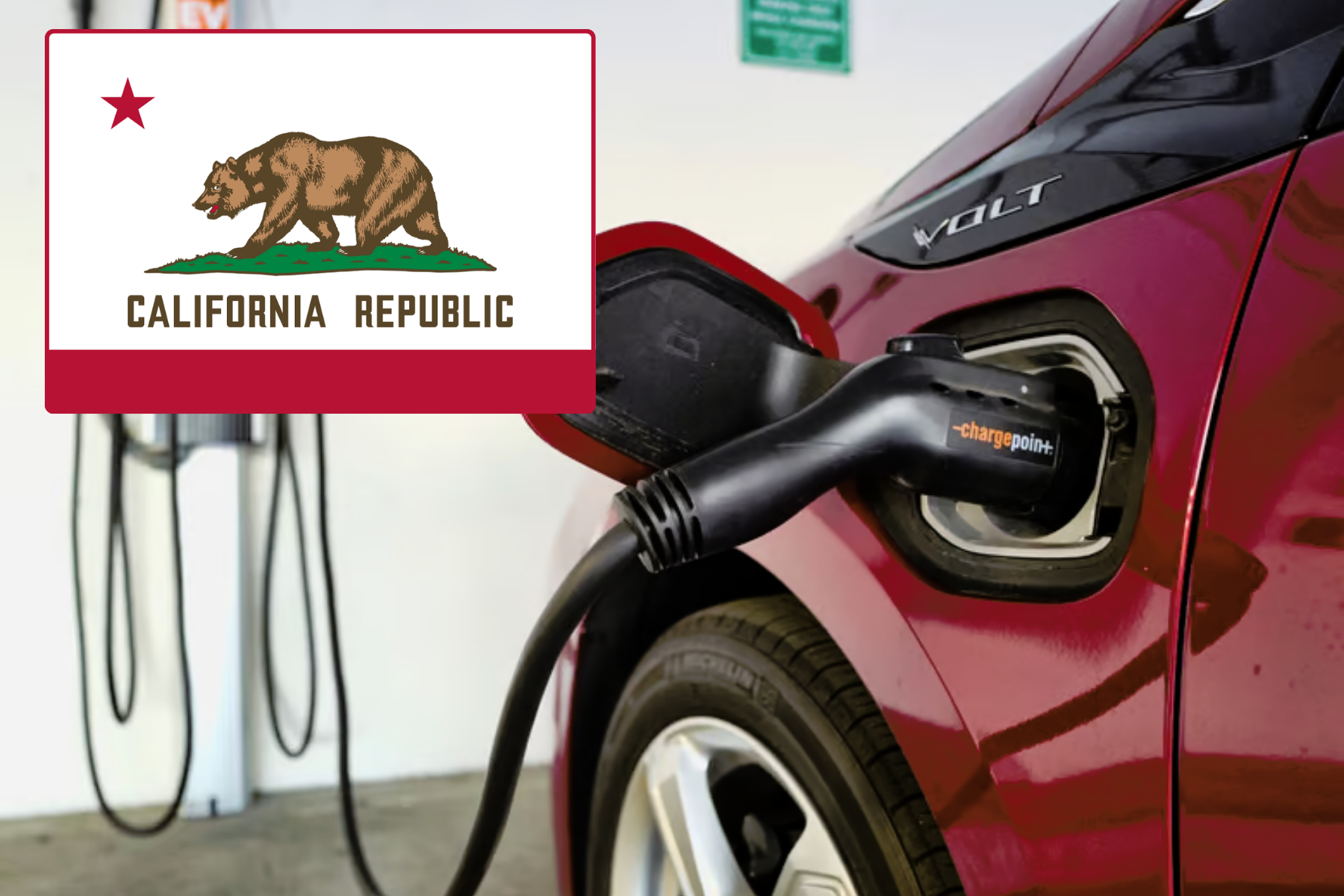Electric vehicles have grown in popularity, especially with the rise of Tesla. The idea of having a car that helps the environment is a concept that many blue states have been happy to latch onto. However, a study published back in early 2020 seems to contest the idea that EVs are actually better for the environment.
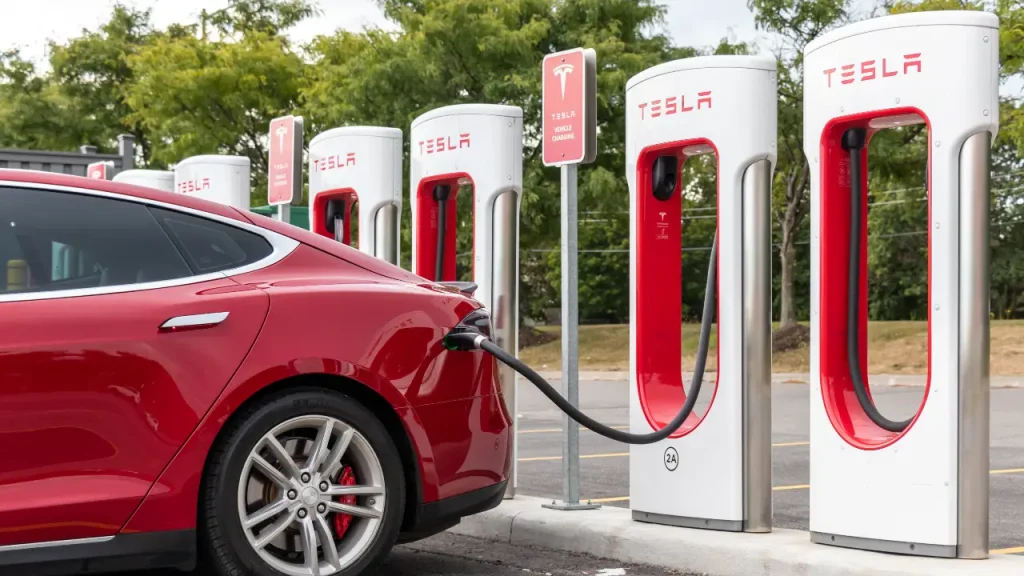
There are five main ways in which electric vehicles are meant to be better for the environment. They can produce zero tailpipe emissions, they contribute to fewer emissions than gas-powered cars, they can have clean battery production, they don’t continuously pollute like gas-powered cars, and the manufacturers can use eco-friendly materials. The key word here is “can”, meaning it is possible for all these things to be true, but it’s not always necessarily the case.

Now, with such obvious environmental benefits in the face of the climate crisis, many state governments were happy to promote the adoption of these vehicles and provide incentives to encourage residents to “go green”.

However, as it turns out, electric vehicles may not be as green as they have been advertised. One study published in the beginning of 2020 found that EVs actually produce a much higher level of particulate matter from tires compared to their gas-powered cars with efficient exhaust filters.
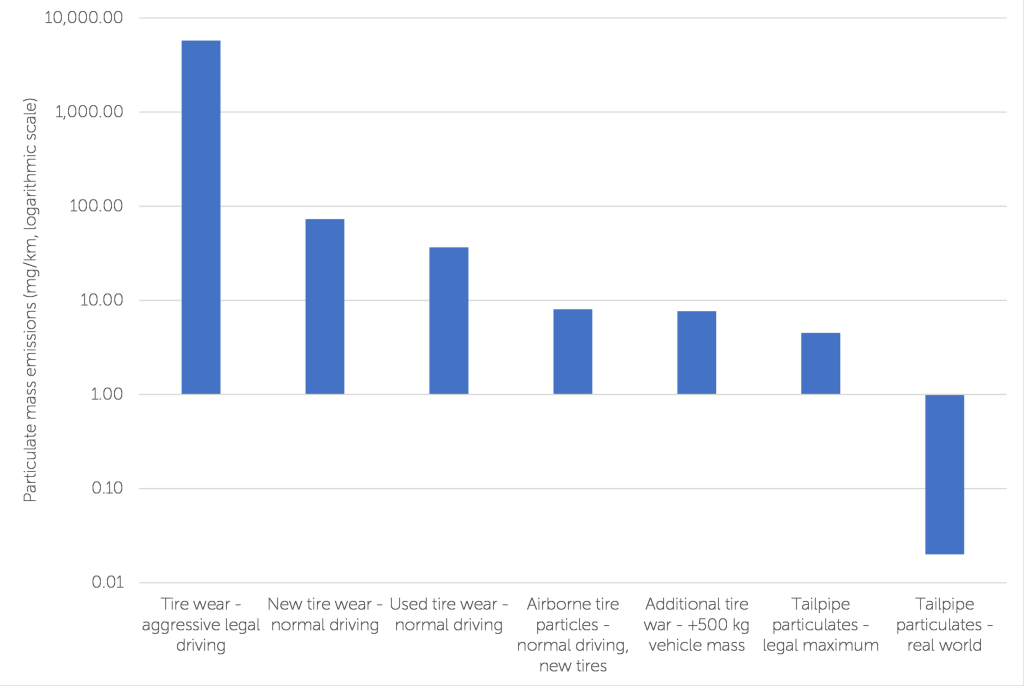
The study conducted by Emissions Analytics found that the difference in emissions was empirically significant. The study states, “Comparing real-world tailpipe particulate mass emissions to tire wear emissions, both in ‘normal’ driving, the latter is actually around 1,850 times greater than the former.”
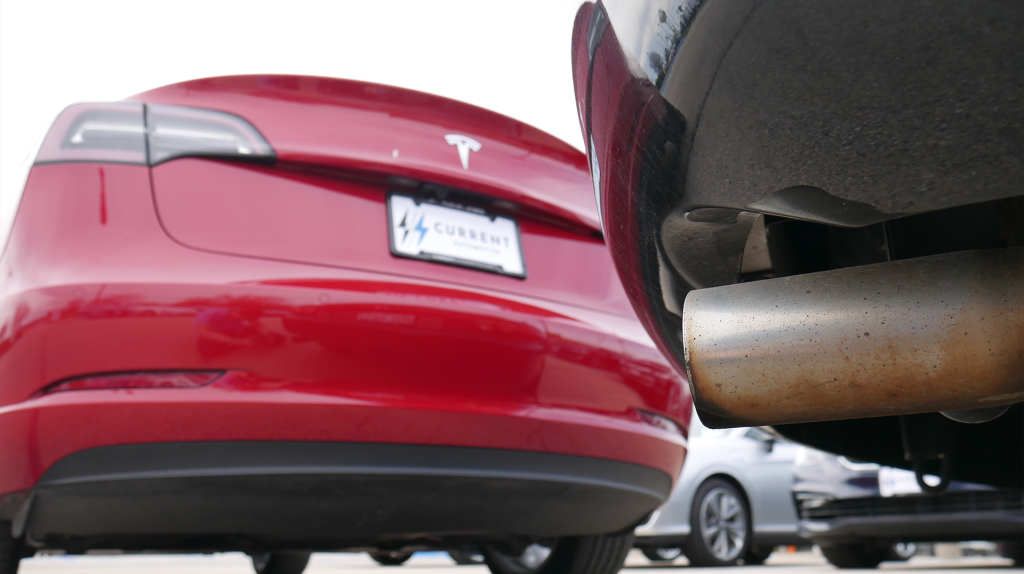
They noted that tailpipe emissions will vary based on how old the car is and how aggressive the driving is. But overall, exhaust filters are becoming more and more efficient, thus tailpipe emissions are falling over time.
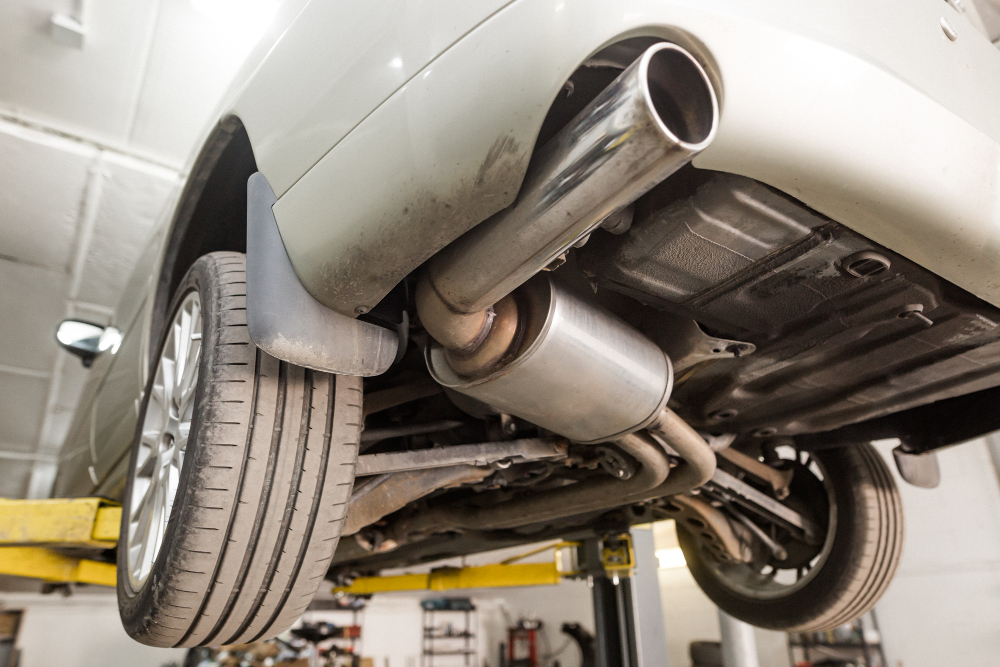
The study gained renewed attention recently as it was featured in the Wall Street Journal. And the reaction to the story was surprise and skepticism. The Guardian pointed out that the test conducted in the study “have not been peer-reviewed by scientists, and the industry disputes the findings.”

The founder and CEO of Emissions Analytics, Nick Molden, explained that he does not mean to dissuade people from making the switch to electric vehicles and there are environmental benefits to non-gas-powered cars. However, he explained that he is a advocate of minimizing the toxic chemicals in tires in order to get “the best of both worlds.”
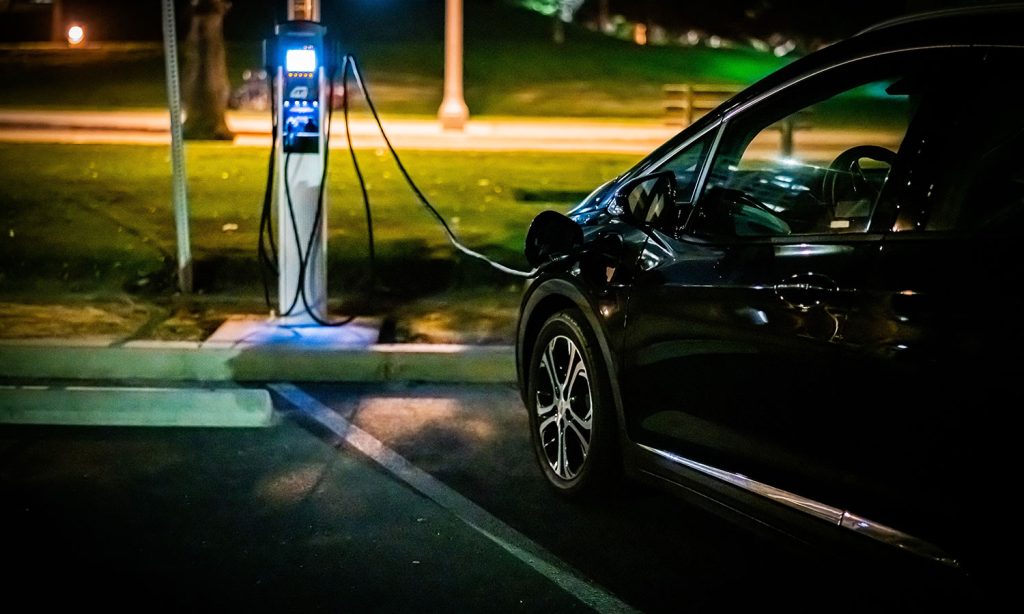
California has been at the forefront of the electric vehicles brigade, providing a multitude of incentives to encourage residents to drive EVs and hit their goal of prohibiting the sale of gas-powered vehicles by 2035. According to the study; however, vehicles only contribute to about 1% of the state of California’s particulate matter emissions.
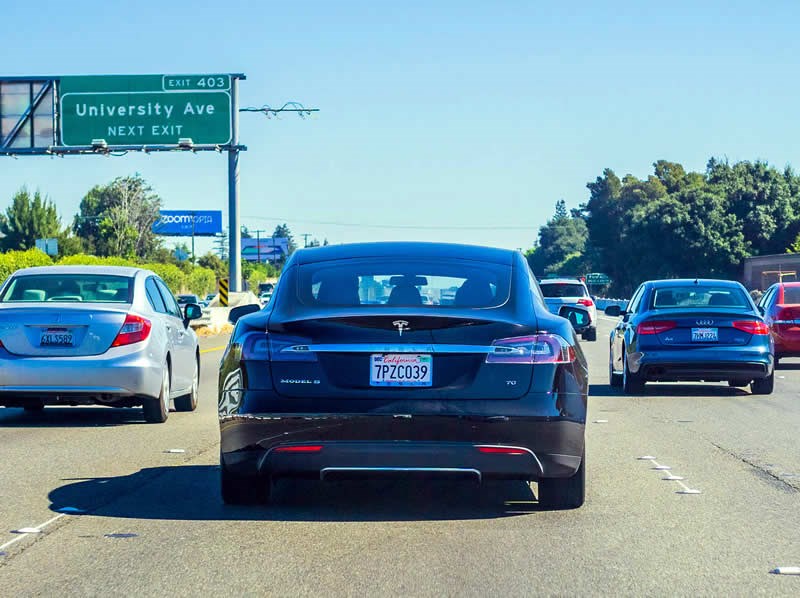
The study went so far as to criticize the way in which California has portrayed particulate emissions. It finds that the state has tried to make it seem as though the tailpipe is the primary source of these emissions when in fact the tire wear is the leading cause of particulate emissions.
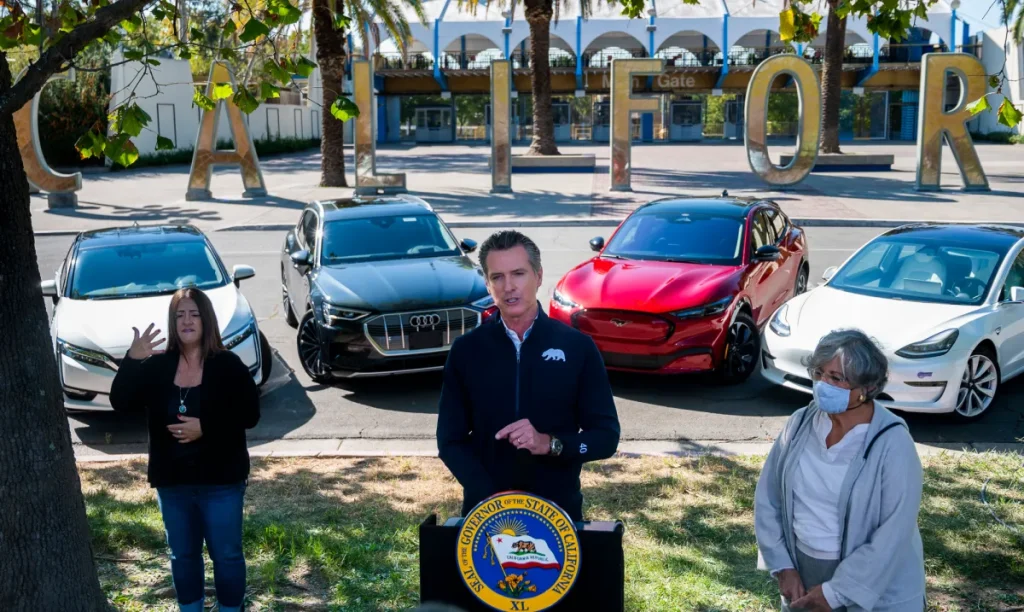
California has also described EVs as “zero emissions vehicles” in their campaign to turn more residents to EVs. The authors of the study find this to be deceptive, stating “Generating the electricity that powers those cars creates particulate pollution, and of course electric cars still use tires, which are made from petroleum.”
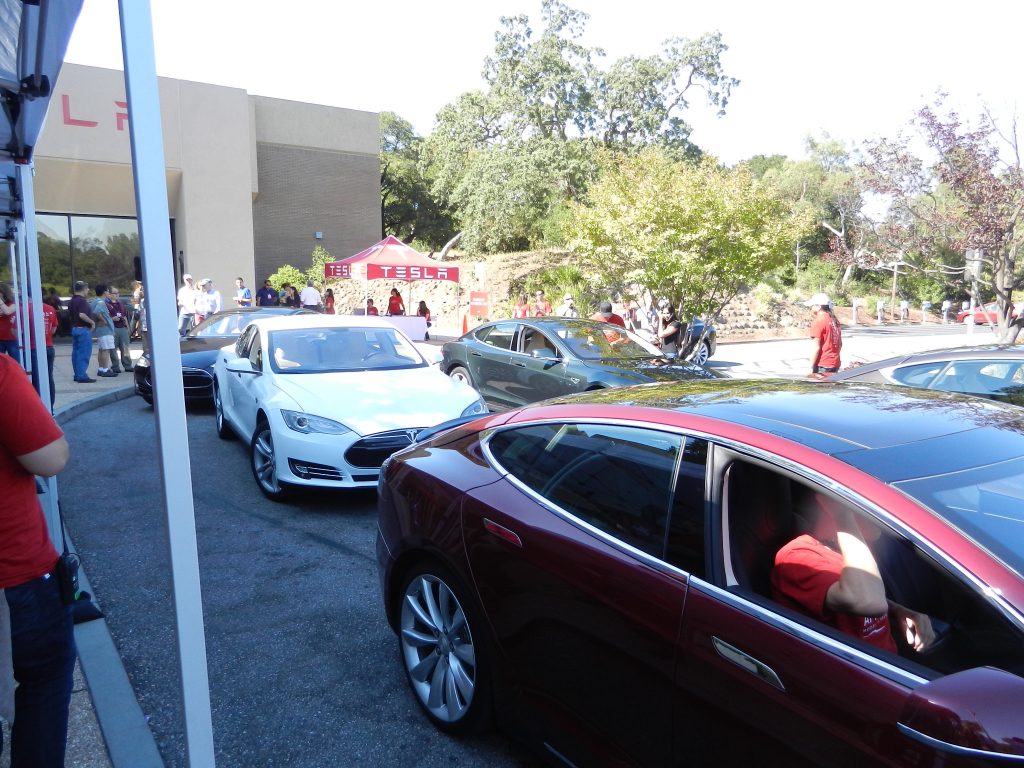
Electric vehicles weigh more than gas-powered cars in many cases due to the batteries; resulting in between 15% and 30% more weight. Since electric vehicles weigh far more than gas-powered cars, their tires actually degrade much faster, thus releasing more emissions.
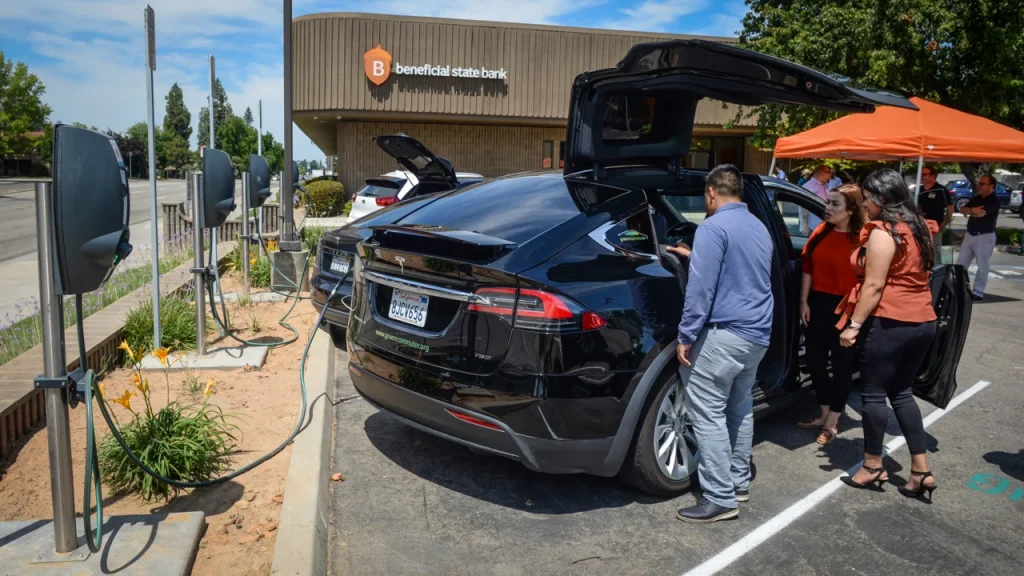
Despite California’s attempts to discredit or bury the study, the authors started a much larger conversation about what is really better for our environment and which environmental causes are actually having the most impact on our earth.
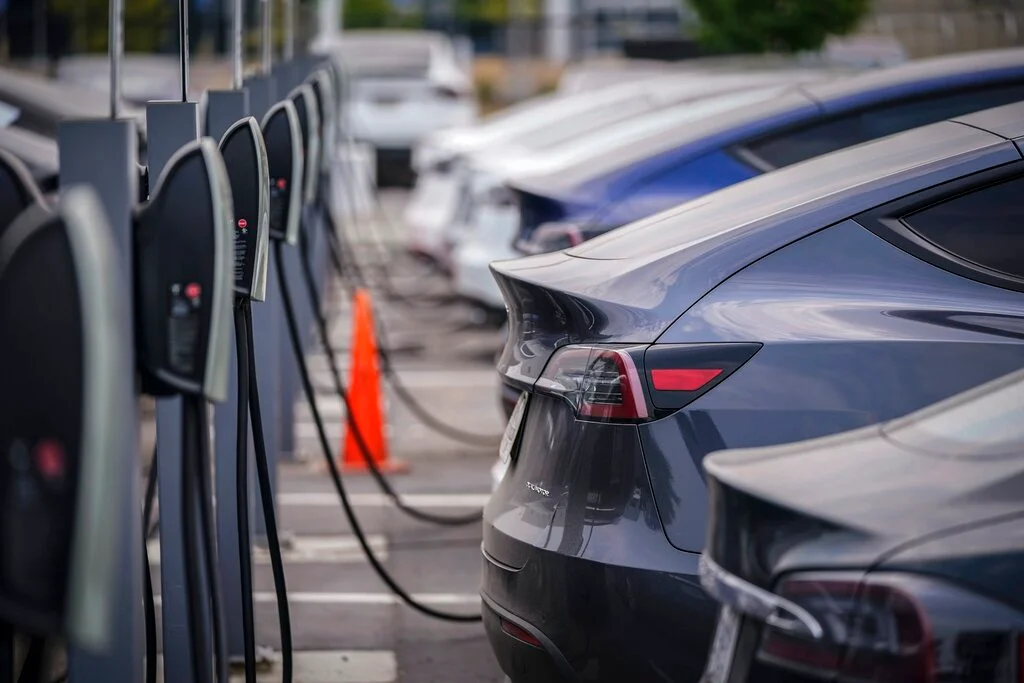
California continues on their quest for zero emissions and by 2035 more than 20% of new cars sold were already electric vehicles, according to the California New Car Dealers Association.

The Golden State currently has the most EVs in the country by far and it appears they will continue on their quest to eliminate gas-powered cars by 2035. Other states such as Florida, New York, West Virginia, and Texas are adopting the EV craze as well.

